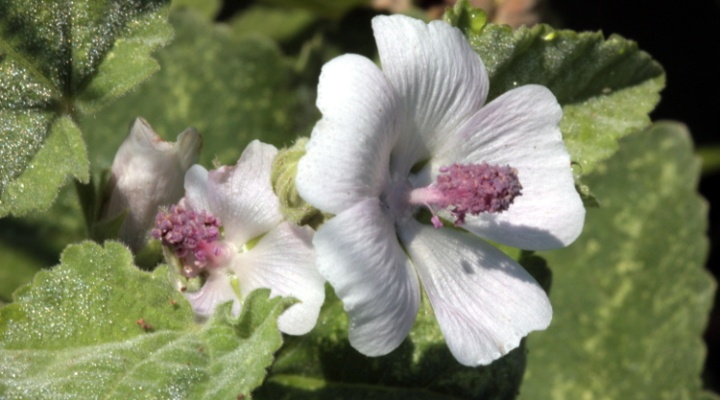
A recent study investigated available data to provide a benefit/risk assessment for a use of herbal medicines, which are traditionally indicated for respiratory diseases, as adjuvant symptomatic therapy in the self-management of mild symptoms in the context of COVID-19 disease.
Thirty-nine herbal medicinal plants known in the Americas and Europe for the management of respiratory conditions, mainly regarding the symptoms cough, pain and fever, were included in the study, which focused on their therapeutic potential, the limitations for their use and possible risks. In addition, three recommended drugs –ibuprofen, paracetamol and codeine – were also assessed. The chapters for each of the herbal medicines or drugs compile indications, chemical composition, posology, preclinical and clinical evidence, safety as well as specific warnings and precautions for use. An informative and balanced overall assessment concludes each chapter.
For five out of the 39 herbal drugs a positive benefit/risk assessment was determined. The level of evidence for Althaea officinalis, Commiphora molmol, Glycyrrhiza glabra, Hedera helix and Sambucus nigra suggests a potential clinical use as adjuvants in the treatment of early/mild cases of COVID-19. Another twelve herbal medicines were classified as promising.
The authors underline the necessity of further validation of the decision-making framework they used and would welcome the start of a broad discussion on the potential of herbal medicines in this pandemic.